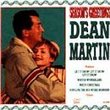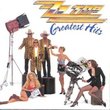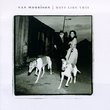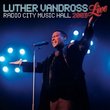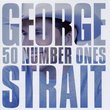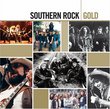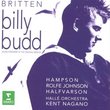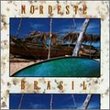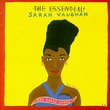| All Artists: Eleonor Steber, Nicolai Gedda, Rosalind Elias, Giorgia Tozzi, Regina Resnik, George Cehanovsky, Robert Nagy Title: Barber - Vanessa Members Wishing: 0 Total Copies: 0 Label: RCA Release Date: 2/13/1990 Genre: Classical Styles: Opera & Classical Vocal, Historical Periods, Modern, 20th, & 21st Century Number of Discs: 2 SwapaCD Credits: 2 UPC: 078635789928 |
Search - Eleonor Steber, Nicolai Gedda, Rosalind Elias :: Barber - Vanessa
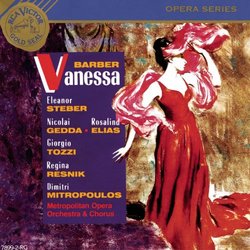 | Eleonor Steber, Nicolai Gedda, Rosalind Elias Barber - Vanessa Genre: Classical
|
Larger Image |
CD DetailsSimilarly Requested CDs
|
CD ReviewsSomeone Revive This....Soon! Christopher Forbes | Brooklyn,, NY | 06/24/2002 (5 out of 5 stars) "This may be one of the greatest American operas of all time. It is shocking that a work of this quality isn't more widely performed. It is a vocal showcase. Vanessa suffers perhaps from a bit overwrought libretto. Menotti is guilty of his usual excesses. But Barber more than makes up for this in the sweep of his melodies. Musically, the piece is tonal, but harmonically adventureous. Interestingly, some of the piece calls to mind composers such as Bernard Herrmann or Miklas Rosza...high praise indeed for dramatic music in my mind. The final quintet at the end of the fourth act is rapturous. I find myself listening to it again and again.The performance is as close to perfect as a composer could wish for. Steber is brilliant as Vanessa and Rosalind Elias is a moving Ericka. Mitropoulos conducts with sweep and power. I wish opera companies would revive this work. It really deserves it." Very Few "Perfect" Recordings... Daniel Mitrano | Ft. Lauderdale, FL | 12/11/1999 (5 out of 5 stars) "There are only a few of what I would call "perfect" opera recordings. I can happily add Barber's Vanessa to that list. Steber's performance leaves one shaking one's head wondering why she hadn't made more recordings. Hers is that rare combination of pure beauty of tone, perfect technique, dramatic flair, unfailing musicianship, power, and range. Why do we have so little of her on disc? She gives the performance of a lifetime as the title role. That isn't to say the rest of the cast isn't on the same level. Amazingly, Rosalind Elias as Erika almost steals the scenes away from Steber. Her mezzo is rich yet youthful sounding, dramatically and musically as fresh as Steber. The two together is magic. Gedda impresses as Anatol, his English pronunciation is superb. Tozzi is in glorious voice and delivers with relish. That leaves Mitropoulos to conduct with brilliance, savoring Barber's bejewelled score with every stroke of his baton. It's a wonderful score, brilliantly written. The libretto is a bit too kitschy, but no more than any Verdi opera. The sound, even from the 1950's, is clear and fresh, putting some "modern" recordings to shame. I would get this set while it's still available. There is no wonder why it was only recorded once--there's no reason to record it again." A Masterpiece! Daniel Mitrano | 04/30/2002 (5 out of 5 stars) "A truly gorgeous recording. What amazed me the most is the perfect diction of each performer. What a lesson for singers young and old! Barber's score is hauntingly beautiful.The cast is, without exception, brilliant Why isn't this work done at the Metropolitan on a regular basis?"
|

 Track Listings (15) - Disc #1
Track Listings (15) - Disc #1